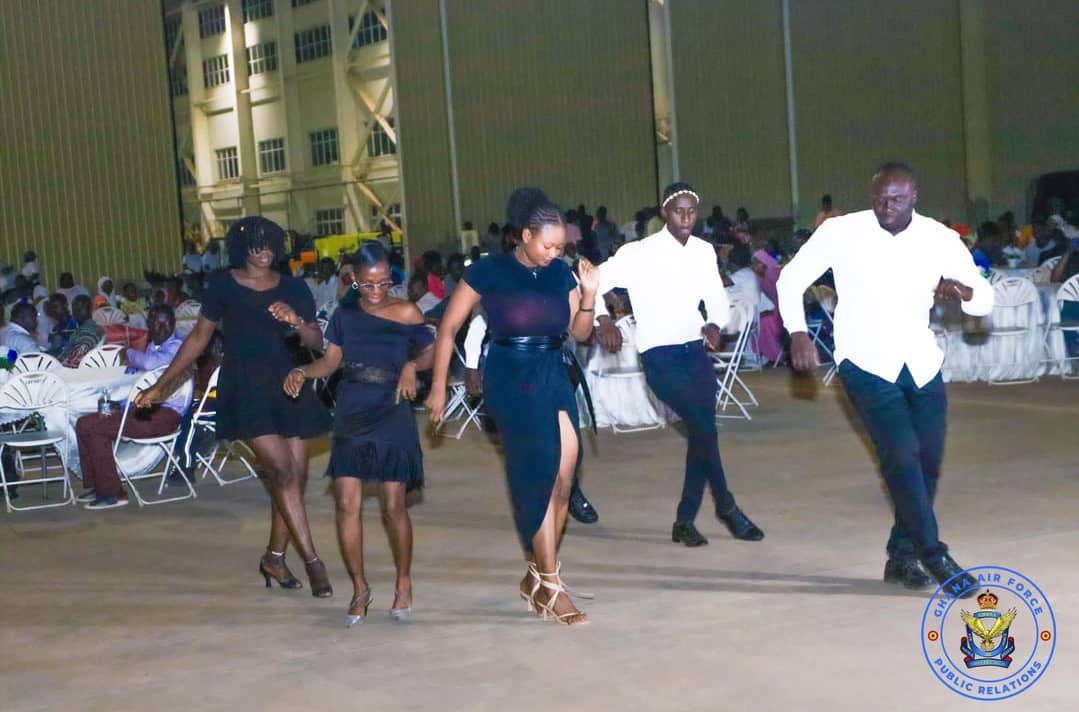Author: Lt Col Gershom Gameli Klu-Amereka

The term WASSA has long been associated with social celebrations within the military and paramilitary institutions in West Africa. However, its true origins and meaning have been obscured over time, leading to various interpretations. This brief seeks to clarify the term’s history and evolution, arguing against the adulteration of its original essence.
Contrary to popular explanations that describe WASSA as an acronym for “West African Soldiers’ Social Activities” or “West African Security Services Activities,” historical and linguistic evidence points to a different origin. The word WASSA is derived from Hausa, a language widely spoken across West Africa, where it signifies merrymaking, enjoyment, and the celebration of happy moments.
The term’s association with military celebrations dates back to the pre-colonial era and the formation of the West African Frontier Force (WAFF). Indigenous Africans conscripted into the WAFF, many of whom were Hausa speakers, relied on their native language as a medium of communication. This led to the adoption of Hausa terms such as:

WASSA, denoting joyful gatherings and festivities.
SALA, referring to communal labour or collective effort within the barracks.
MAGAJIA is a term used to identify the head of spouses of personnel association in the barracks community.
Over time, these traditions and terminologies, deeply rooted in military culture, influenced the practices of paramilitary and other security services. These organizations, mentored by the military, adopted and adapted such practices as part of their regimental orientation, fostering a sense of uniformity across the security landscape.

Today, the use of WASSA has expanded beyond its original Hausa meaning. While its essence as a celebration of camaraderie and achievements remains, its interpretation as an acronym reflects contemporary efforts to adapt historical traditions for modern relevance.
It is essential to recognize and honour the linguistic and cultural roots of WASSA, appreciating it not merely as a coined term but as a testament to the enduring influence of indigenous African traditions within security institutions. By doing so, we preserve its authenticity and celebrate its historical significance as a symbol of joy, unity, and shared experiences.

